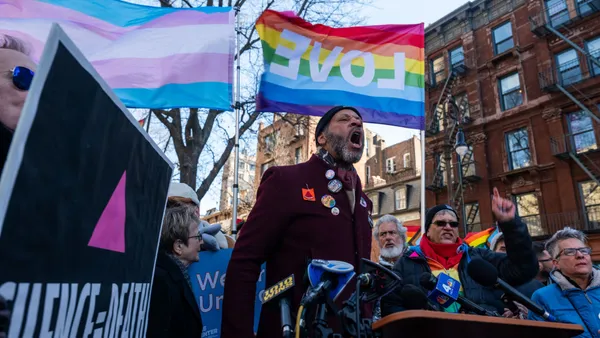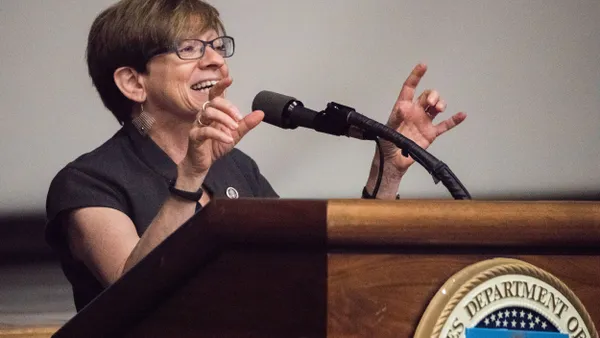Companies very publicly divorcing themselves from diversity, equity and inclusion was one of the biggest trends in the DEI space, if not the world of work and politics in general in 2024. This phenomenon has reverberated in the boardroom and break room — and the classroom, too.
CHROs and inclusion advocates have had to wrap their heads around a new landscape: The implications around hiring, how to build a diverse talent pipeline, potential “reverse discrimination” lawsuits, dried-up funds for ESG, and potential name changes for DEI programs.
And then former President Donald Trump was re-elected. Concretely, Trump’s previous administration and 2024 campaign have hinged on reducing the presence of DEI in public institutions, which sets the tone for private institutions as well.
Still, while DEI detractors have become more vocal and visible in many ways, DEI proponents are showing the business case for diversity doesn’t just mean increased profit potential — but reduced turnover and productivity costs and fewer alleged stock drops, too.
Below are some trends business leaders need to know about the state of DEI heading into 2025.














